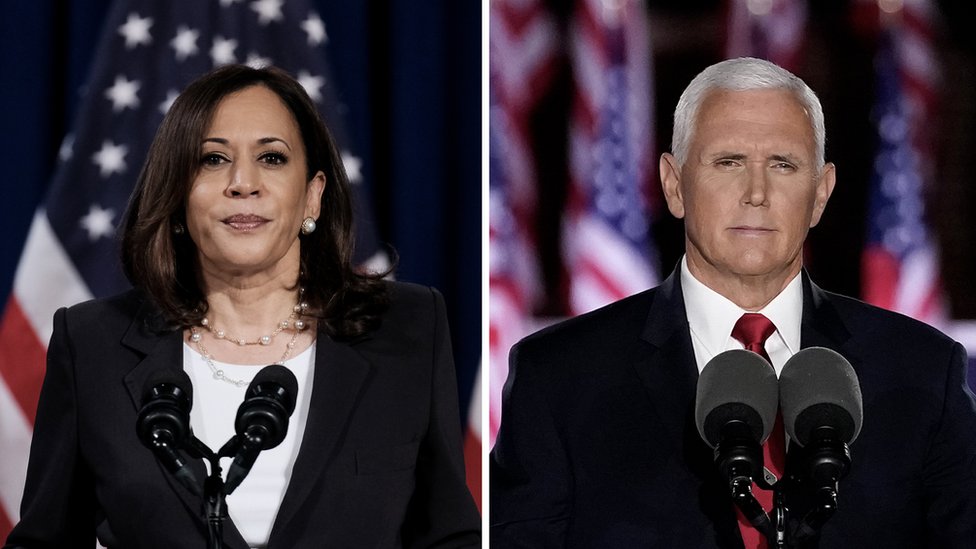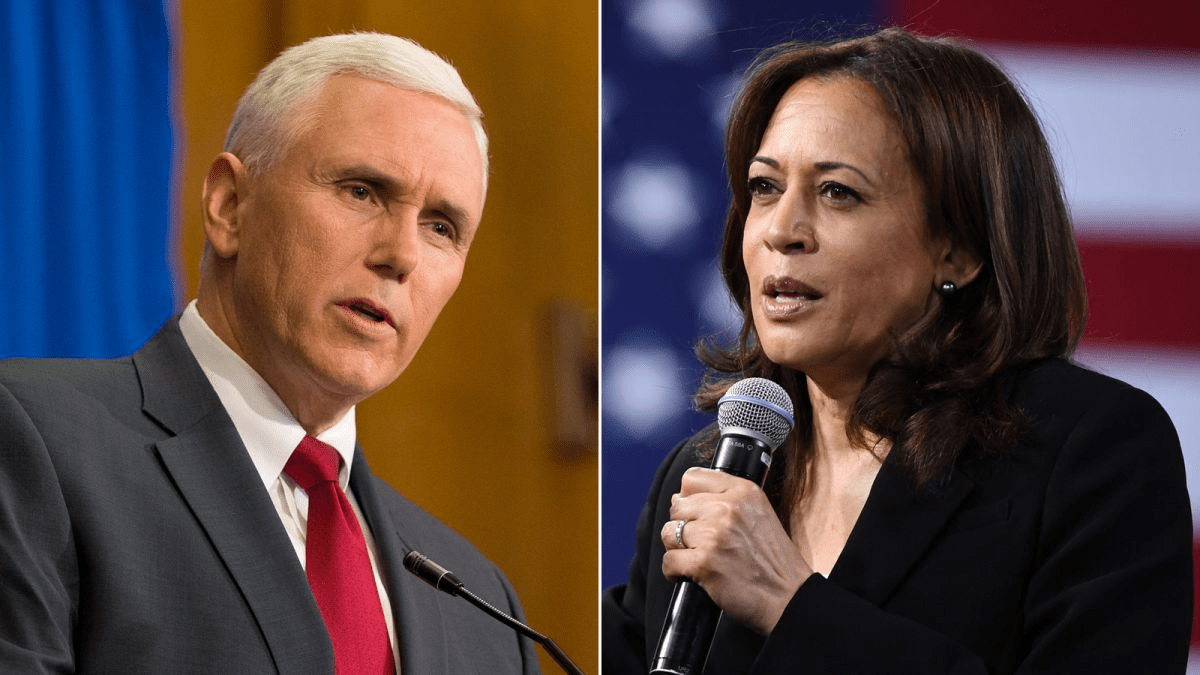Historically, vice presidential debates have been unimportant; uneventful at best. But in the midst of severe social unrest, chaos in the Supreme Court and the President hospitalised as a result of a poorly managed global pandemic, it is unsurprising that this vice-presidential date has stirred much controversy. The presidential debate earlier this month was devoid of serious conversation or explanations of policies, making this vice-presidential debate ever more important for both parties and the voters. Kamala Harris, the Democrat candidate and potentially the first female vice-president, took on Mike Pence, the current Republican vice-president, in an uncomfortable discussion about the government’s response to COVID-19, systemic racism and climate change, with a focus on how the USA can move forward from the many tragedies of this year. Many viewers saw this debate as yet another unpleasant reminder that neither party is ideal.
Mike Pence appears to be a figure conservative sexism – yes, he hasn’t joked about “grabbing pussies” nor described a woman as a “piece of ass”, but his attitude towards women, made evident through his beliefs, voting patterns, and somewhat patronising tone towards Kamala Harris, shows that he does not view professional, educated women as his equals. The Republican party’s apparent homophobia, misogyny and discrimination of minorities, serve as a prime opportunity for the Democrat party to win the liberal vote. It has even been contended that appointing Kamala Harris as the VP candidate in itself was a politically-fuelled tactic – a young biracial woman of colour standing against an extremely conservative and hard-faced white man in the wake of severe social unrest and racially-fuelled police brutality is a favourable narrative for the Democrat party to adopt.

At one point during the debate, Pence attempted to interrupt Harris but she refused to surrender- responding with, “Mr Vice President, I am speaking”. Initially, I was taken aback, surprised and proud of her dominance and control over the situation – it felt somewhat empowering. However, she did then go on to interrupt Pence and Page multiple times throughout the debate… Should interruption always be presumed as a mark of sexism? Or is it in fact a mark of our own internalised sexism to support Harris purely because she is a woman and in that one moment, she was able to establish control? It was anticipated that women across the world would relate to that moment and feel inspired by the fairytale-esque defeat of a patronising villain by an unexpected female hero. It seems like something out of a Disney film. Many viewers, stirred by Kamala’s demand of authority, claimed that she had ‘won’ the debate, purely because of that elegantly delivered comeback. Yet on reflection, it seems performative. We willingly ignored the hypocrisy of her interruptions of Pence and Page and labelled them feminism.
Her approach to Pence’s patronising tone and belittling attitude is arguably commendable. She dealt with the situation calmly and tactfully, but this does not mean she ‘won’ the debate, or that she should be seen as a role model for young POC girls to aspire towards. A woman in power is not inherently empowering or ‘feminist’. It certainly isn’t an ideal voting strategy to blindly support someone simply because of their gender, especially those who have used their power against minorities. The only thing that the retort symbolized was the Democrat Party’s success in using Republican old-school-sexism to their advantage. What a mess.The American two-party system has divided the country and attempts to make complex political decisions seem black and white. Two colours that, historically, America has defined itself by. Recent studies show that 36% of Republicans believe that liberal policies pose “a threat to the nation’s well-being” and 27% of Democrats feel the opposite. Hostility between the two sides has disrupted many possibilities for genuine debate and discourse – from conversations between neighbours, to the presidential (and vice-presidential) debates. America is plagued with two seemingly opposing forces, each with its respective flaws. What compromise will the people accept?
(Header image credit: BBC News/ Getty Images)

